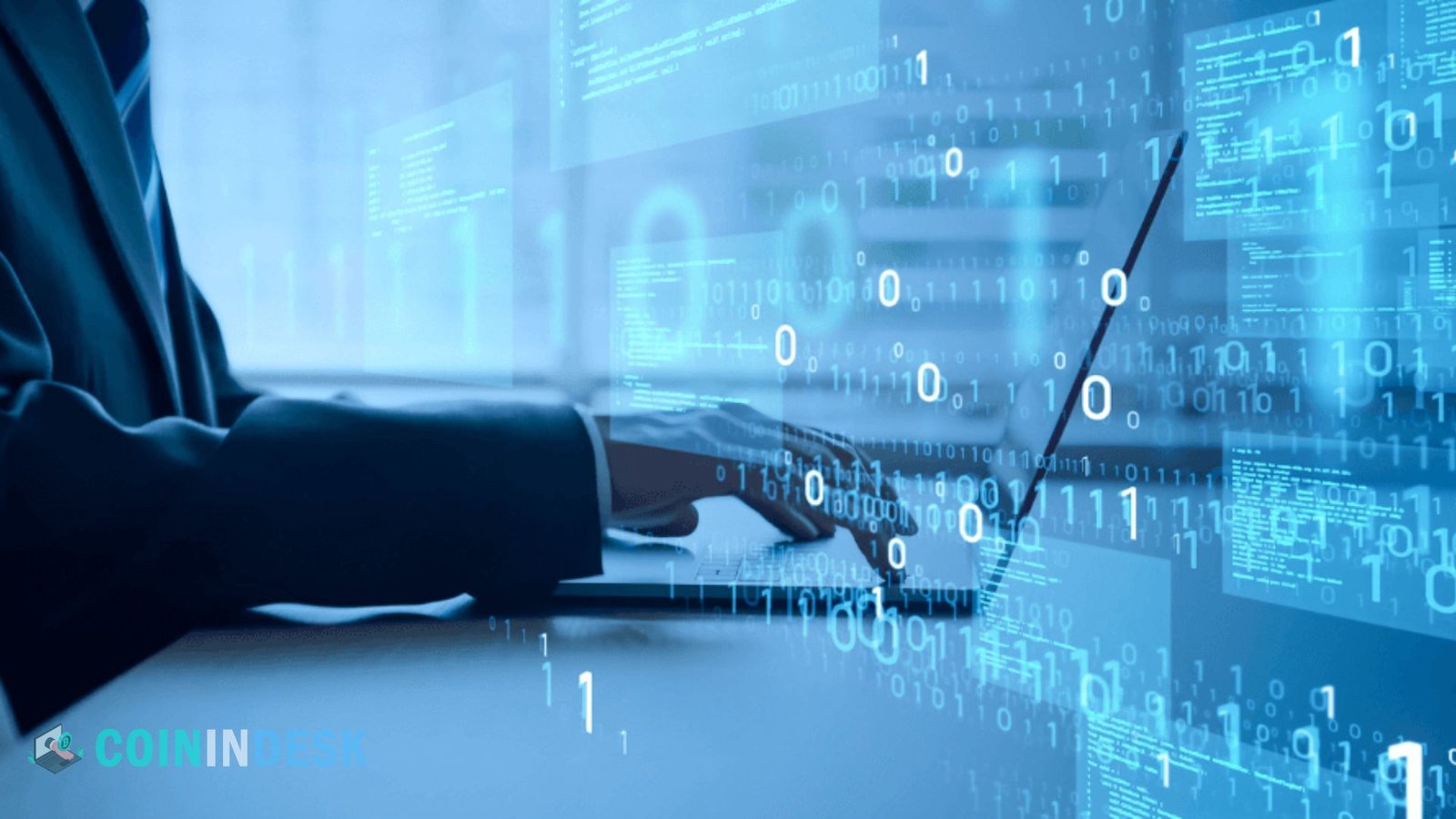With its distributed ledger, immutability, and security features, blockchain technology has changed the game in several sectors. Nevertheless, it is becoming increasingly important to conduct frequent audits to guarantee the dependability and authenticity of blockchain systems due to their increasing complexity and use. Not only can audits help reduce risks, fix vulnerabilities, and boost system performance, but they also verify the reliability of blockchain activities. Keeping Qualities of Blockchain trustworthy, secure, and efficient requires frequent audits, which we will discuss in this post, along with blockchain’s other essential features.
Transparency and Accountability
Blockchain technology stands out because of its decentralization and immutability. All nodes in the network have access to the public ledger, where all blockchain transactions are recorded. Anyone can check and trace transactions, which makes it very accountable.
Why Regular Audits are Essential for Transparency
Even while blockchain guarantees transparency, it might be challenging for people or organizations to manually monitor all activity due to the large volume and complexity of transactions. Regular audits can aid in maintaining transparency by methodically checking transactions for compliance with the set norms and standards. To further guarantee the blockchain’s integrity, these audits check for any signs of data manipulation or tampering.
Decentralization and Reduced Single Points of Failure
Since blockchain functions on a decentralized network, it is not subject to the authority of any one organization or person. Instead, this process relies on a cooperative effort amongst several computers, or nodes, in the network to verify and log transactions. Blockchain is more secure and robust than conventional centralized systems because its decentralization lessens the likelihood of single points of failure.
The Role of Audits in Decentralization
Although decentralization has advantages, monitoring each node to ensure they function correctly might be difficult. Audits must be conducted regularly to ensure all nodes appropriately verify transactions and adhere to the consensus procedures. If a node attempts to commit data fraud or gain system control, these audits will assist in identifying it. Furthermore, audits guarantee that nodes operate at peak efficiency, avoiding network delays or outages.
Security and Immutability
One notable feature of blockchain technology is the extreme safety it provides. The blockchain uses sophisticated cryptographic methods to encrypt transactions, and once data is stored on it, it cannot be removed or altered. Applications where data integrity is crucial, such as financial transactions, healthcare records, and supply chain management, find blockchain’s immutability particularly valuable.
Why Audits Are Crucial for Security
Despite its robust security measures, blockchain technology is not impervious to assaults. As more sophisticated cyberattack tools and techniques become available, new security holes may appear. Regular audits are essential for finding these security holes before they are exploited. Maintaining the integrity of the blockchain depends on auditors checking its security protocols, encryption techniques, and procedures for validating transactions. Additionally, they look for security holes that might let bad guys into the system.
Scalability and Performance Optimization
As blockchain networks expand, scalability becomes more critical. More extensive networks may experience slower transaction speeds and higher prices. A blockchain system’s scalability is defined as its capacity to process more transactions per second without degrading its performance or speed. An optimized blockchain aims to maintain low latency and cost efficiency while scaling successfully.
How Regular Audits Help with Scalability
Ongoing system performance reviews are a common way to increase scalability. Regular audits can reveal performance bottlenecks and suggest changes, making blockchain processes faster and more efficient. Auditors also examine the blockchain’s ability to manage increasing demand without negatively impacting user experience.
Regulatory Compliance
Blockchain technology applications frequently function in industries with stringent regulations, like banking, healthcare, and insurance. Following all applicable local and international rules is crucial to avoid fines and comply with the law. Audits should be conducted regularly to ensure that blockchain activities comply with regulations.
The Necessity of Audits for Regulatory Compliance
Data protection rules (like GDPR) and financial regulations (like AML and KYC) are only two examples of the many regulatory frameworks that blockchain systems must adhere to. The auditors will sign off if the blockchain application satisfies these compliance standards. Regular audits guarantee the proper recording of blockchain transactions and the protection of sensitive data regulatory requirements. Because of the potential for blockchain’s immutability and decentralization to clash with established regulatory frameworks, this is of paramount importance in sectors such as banking.
Improving Trust with Stakeholders
Stakeholder trust, including that of investors, consumers, and partners, is crucial for any firm using blockchain technology. Even if blockchain’s decentralized and transparent design inspires confidence, regular audits provide further assurance.
How Audits Build Stakeholder Confidence
The accuracy, security, and regulatory compliance of the data stored on the blockchain and the frequency of its monitoring are essential concerns for stakeholders. Regular audits help boost stakeholder confidence by delivering reports that confirm the blockchain’s integrity and performance. Better corporate partnerships, more investments, and more devoted customers may all stem from this trust.
Detecting Fraud and Mitigating Risks
Blockchain’s decentralized structure can make fraud more difficult to commit compared to centralized systems. Nevertheless, no 100% secure system fraud can occur, mainly if security holes are overlooked. Regular audits, through a comprehensive assessment of the whole blockchain system, aid in detecting and preventing such acts.
How Auditors Detect Fraud
Discrepancies in transaction records, anomalies in account balances, or strange patterns of behavior that might indicate a breach are some of the indicators of fraud that auditors look for using various methodologies. To mitigate the impact of fraud or security breaches, it is essential to conduct audits regularly to detect suspicious activity.
Ensuring Long-Term Sustainability
Adapting to changes in the technical landscape and continuously improving its procedures are crucial for blockchain technology to stay relevant and thrive in the long run. Blockchain systems must undergo regular audits to guarantee compliance with all current security standards, technology developments, and regulations.
The Role of Audits in Sustainability
By conducting regular audits, we can ensure blockchain systems adapt to new standards and best practices. Auditors are invaluable information resources for fixing security issues, adding new features, and improving system performance. Regular audits contribute to the blockchain’s sustainability and success by keeping up with technological advancements.
Conclusion
Blockchain technology can revolutionize several sectors worldwide. However, routine audits are necessary to keep blockchain systems safe, secure, and efficient. In addition to identifying and reducing risks, these audits maximize openness, compliance, and performance. Audits are frequently essential for any industry employing blockchain, whether financial institutions, healthcare providers, or another, to create confidence, assure security, and encourage long-term success.
[sp_easyaccordion id=”5544″]




